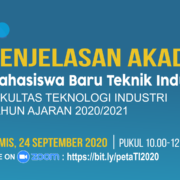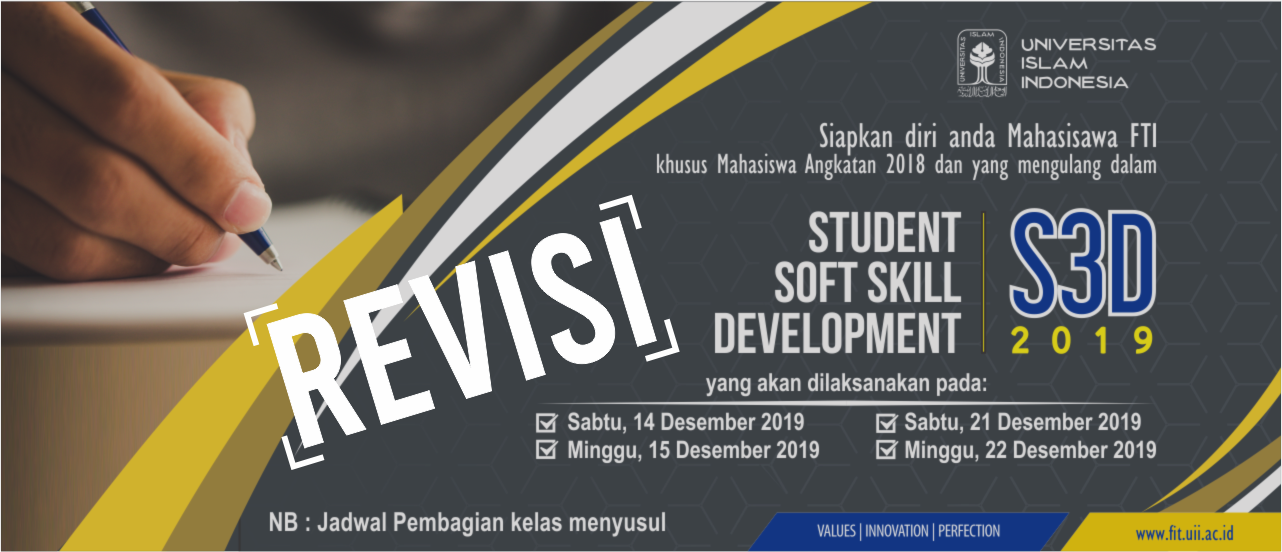Ide adalah produk yang diperoleh dari proses panjang, berulang, penuh dengan kegagalan, dan perbaikan. Ide menjadi jembatan untuk dapat berpikir kreatif. Kedua hal ini penting karena membantu melihat masalah dan situasi dari perspektif baru. Kreativitas menjadi pendamping pikiran yang kritis. Karena menciptakan pemikiran adalah cara untuk mengembangkan solusi baru atau tidak ortodoks yang tidak sepenuhnya bergantung pada solusi masa lalu atau saat ini.
Jika kamu tidak bisa berpikir hal yang catchy untuk sebuah presentasi atau apapun dalam pekerjaan mu, coba berjalan. Cukup dengan mengelilingi ruangan atau berjalan keluar menghirup udara segar akan senantiasa meningkatkan kreatifitas dengan signifikan. Berjalan akan memicu tubuh untuk mengeluarkan hormon endorfin. Endorfin berinteraksi dengan reseptor di otak yang mengurangi persepsi rasa sakit, juga memicu perasaan positif dalam tubuh. Emosi positif secara kondusif untuk kreativitas karena memperluas pikiran dan meningkatkan tingkat fokus.
Banyak dari kita yang sudah mendengar bahwa olahraga, termasuk jalan kaki akan meningkatkan kemampuan berpikir, mulai dari kemampuan sesaat maupun yang akan bertahan lama. Beberapa penelitian yang menunjukan bahwa setelah berolahraga manusia akan mendapatkan nilai yang lebih baik dalam test memory dan executive function (tes kemampuan untuk membuat keputusan dan mengatur pikiran).
Demikian pula, olahraga telah lama dikaitkan dengan kreativitas. Menurut Dee (2021), artist dan penulis generasi milenial akan berjalan untuk menyegarkan pikiran disaat mencari ide. Selain untuk mendapatkan ide, berjalan juga menjadi sarana meredakan panic attack saat akan berhadapan dengan orang banyak, menghadiri acara besar, atau mendapat kabar menegangkan.
Menurut Oppezzo (2018), manusia dengan ide sebanyak yang mereka bisa dan harus memutuskan: Apakah ini kreatif atau tidak? Definisi kreativitas yang disukai banyak orang adalah “kebaruan yang sesuai” atau “appropriate novelty”. Dengan sesuatu yang sesuai dan harus realistis.
Here are some tips:
- Saat berjalan, mulai pikirkan dari hal yang makro. Berpikir dari setiap sudut pandang secara general akan memperluas sudut pandang dan mempertimbangkan kemungkinan dari sebuah kejadian. Kita akan mudah menemukan hubungan dari setiap elemen yang terlibat.
- Jika kamu lebih suka berlari daripada berjalan, lakukanlah dengan kecepatan yang membuat nyaman. Saat merasa nyaman dengan kecepatan berjalan, yang ada dalam pikiran bukan lagi tentang perjalanan namun apa ide yang ingin didapatkan atau masalah yang akan dipecahkan.
- Berjalan sejauh mungkin untuk mendapatkan ide yang lebih banyak. Salah satu kunci kreativitas adalah tidak mengunci ide pertama. Terus berjalan, berlanjut, dan menemukan ide baru, sampai meneguhkan hati memilih satu atau dua yang terbaik untuk dikejar.
- Jika khawatir karena tidak dapat menuliskannya, lakukan dengan merekam ide dengan berpura-pura berbicara dengan partner saat sedang brainstorming. Karena tindakan menuliskan ide bisa menjadi filter. Kita akan bertindak seperti, “Apakah ini cukup bagus untuk ditulis?” Jadi, bicaralah sebanyak yang Anda bisa, rekam, dan pikirkan nanti.
- Saat ide tidak kunjung datang, jangan berjalan dengan waktu yang panjang. Mengistirahatkan tubuh dan pikiran dapat menjadi pilihan saat dalam keadaan .
Sejatinya, ilmu tentang berjalan mengubah berbagai proses mental yang berhubungan dengan kreativitas karena meningkatkan suasana hati sebagai efek utamanya (Reynold, 2018).
Sources:
https://artsydee.com/how-to-get-ideas-for-drawing/
https://www.ted.com/talks/marily_oppezzo_want_to_be_more_creative_go_for_a_walk?language=en




 IP IE UII
IP IE UII







